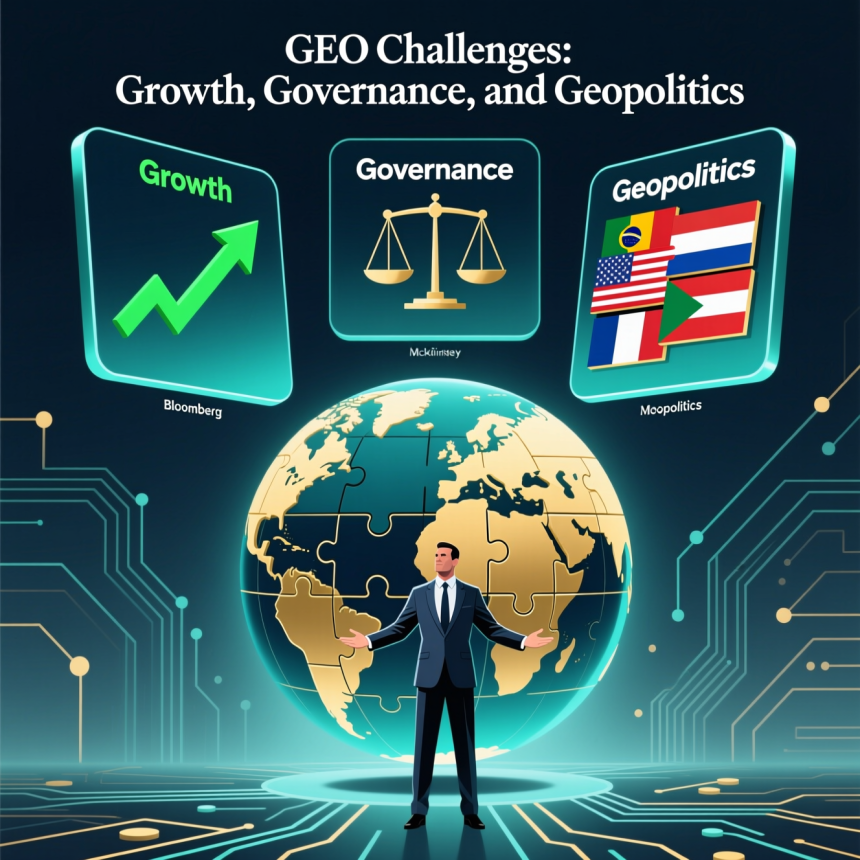CEOs today face a business environment defined by unprecedented complexity. Global markets are shifting rapidly, influenced by technological acceleration, economic uncertainty, and geopolitical tensions. Growth opportunities remain significant, but they are closely intertwined with risks that demand careful consideration. Leaders must pursue expansion while maintaining rigorous governance and staying responsive to external disruptions.
The volatility of global markets has intensified in recent years. Emerging technologies, particularly artificial intelligence, have created new avenues for growth, but they also carry heightened scrutiny and potential instability. Companies expanding into international markets must weigh the promise of opportunity against exposure to regulatory variations and rapidly changing economic conditions. A measured approach to investment and a clear assessment of the resilience of business models are essential.
Governance has become a central concern. Concentration of critical technologies and infrastructure, combined with increasing expectations from regulators, investors, and the public, requires CEOs to prioritize transparency, accountability, and robust risk management. Establishing structures that anticipate regulatory shifts and internal vulnerabilities strengthens long-term credibility while fostering a culture where ethical decision-making is embedded at every level.
Geopolitical factors further complicate the strategic environment. Conflicts, shifting alliances, and trade policy changes can disrupt supply chains, impact costs, and alter market access quickly. Leaders are increasingly looking to diversify supply chains, regionalize operations, and develop contingency strategies to reduce the impact of political and economic instability. The ability to adapt swiftly to sudden disruptions while maintaining organizational cohesion is a defining quality of effective leadership.
Addressing these pressures requires a combination of foresight, pragmatism, and adaptability. CEOs are employing scenario planning, strengthening stakeholder engagement, and fostering organizational agility to respond to emerging challenges. Clear communication and trust within teams allow leaders to align strategy with execution even under uncertain circumstances.
Balancing the demands of growth, governance, and geopolitics has become a core responsibility of modern executives. Leaders who integrate strategic insight with operational discipline while staying attuned to the external environment are building resilient organizations capable of thriving in a complex global framework.





